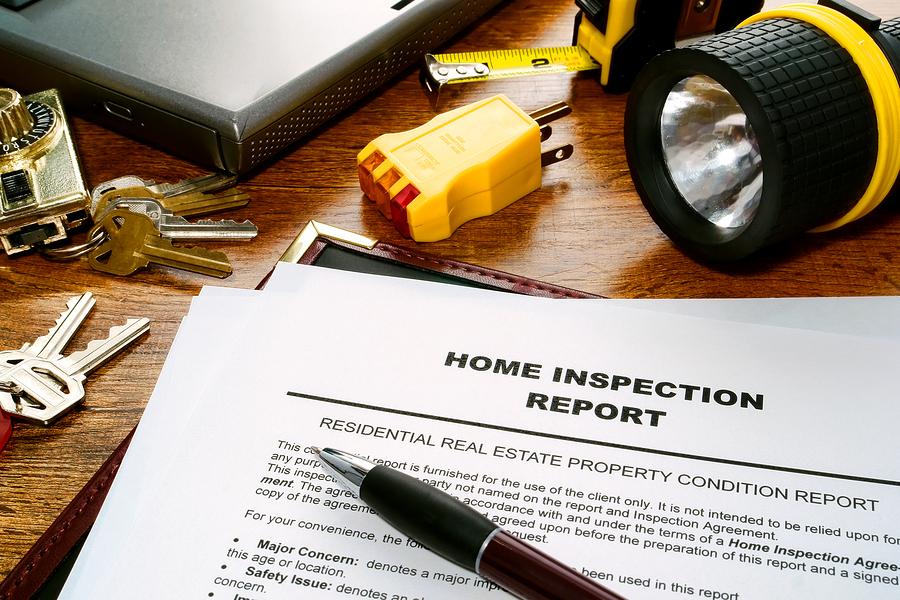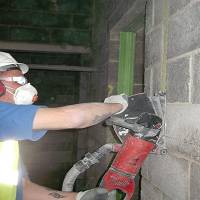Interested in learning more about HUD home inspections? These types of property inspections differ from other forms of inspections in several ways. Designed to help people who need assistance to find affordable and decent housing, HUD inspections primarily work to approve properties that meet basic human needs.
Here are the main things you should know about these inspections.
The Inspector
Inspectors from the Department of Housing and Urban Development may perform HUD Home inspections. However, privately owned inspection companies may also complete HUD home inspections.
According to What is a HUD Home Inspection, inspectors won’t be accepted by the Department of Housing and Urban Development to complete HUD Home Inspections until they complete the Uniform Physical Condition Standards (UPCS) inspection training.
This training course teaches current inspectors how to meet HUD standards. In other words, it isn’t a program that’s offered to individuals who have no inspection experience. So, if you are interested in becoming qualified to complete HUD home inspections, you’ll first need to have previous inspection experience and will then need to complete the specified training.
The Standards
To qualify as low-income housing a property must meet a set of strict standards. Families are able to choose their own living arrangements through the Housing Choice Voucher Program, but the chosen property must meet HUD standards, otherwise known as basic Housing Quality Standards (HQS).
The standards are designed to ensure the health and safety of residents and apply to apartments, single-family homes and shared housing in group environments. Before a property is accepted, it must undergo a HUD Home Inspection to ensure that the standards are met.
The Requirements
Inspectors who are conducting HUD home inspections are required to evaluate residences based on 13 requirements. The 13 requirements, according to the HUD Housing Choice Voucher Program Guidebook are:
- Sanitary facilities
- Space and security
- Food preparation and refuse disposal
- Illumination and electricity
- Thermal environment
- Structure and materials
- Interior air quality
- Water supply
- Access
- Lead-based paint
- Site and neighborhood
- Sanitary condition
- Smoke detectors
In addition to reporting on those 13 requirements, inspectors must use sound judgment to report possible hazards. If there’s a hazard outside an area that is required to be inspected, the inspector must use best judgment to determine whether or not that hazard is important to note. These are all details that inspectors will learn as they complete the required training program to become certified to complete HUD home inspections.
HUD home inspections follow a strict set of standards and requirements. Both HUD inspectors and privately owned inspection companies commonly perform HUD home inspections. If you are an inspector for a privately owned inspection company, learn more about the requirements of HUD home inspections and how those requirements vary from other types of inspections.




